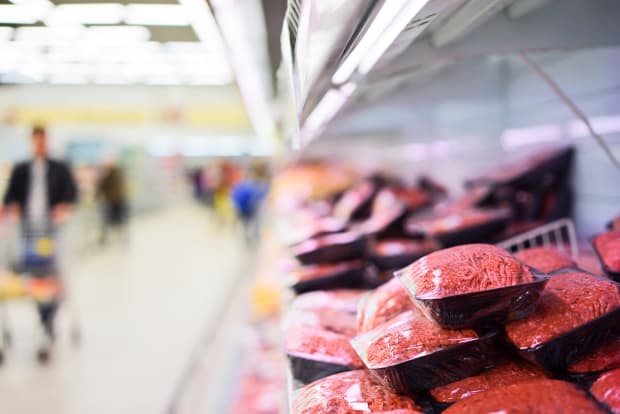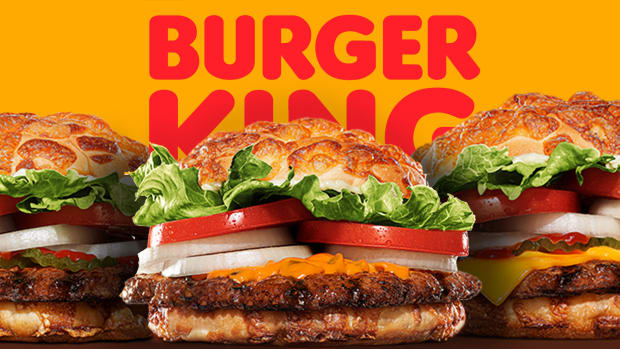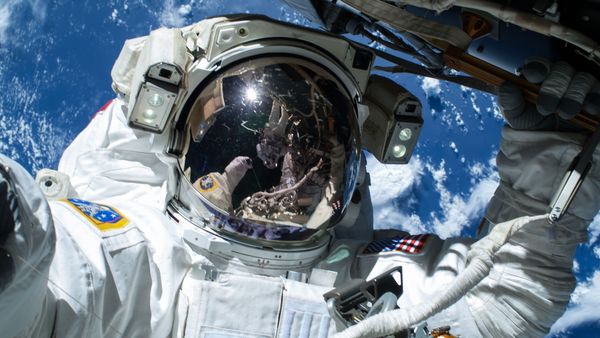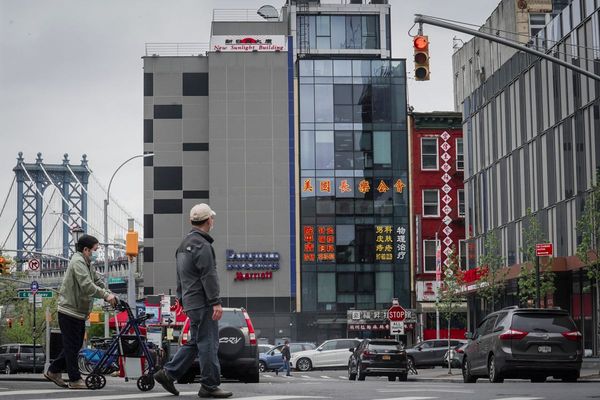The ecological costs of fast food and, in particular, inexpensive meat are well-documented by science.
Meat production is responsible for 57% of all greenhouse gas emissions, while each pound of beef made for human consumption impacts the climate at 15 times the rate of an equivalent amount of beans or lentils.
McDonald's (MCD) alone produces 53 million metric tons of carbon a year. That number is greater than what is produced annually by the entire country of Norway.
Such stark numbers are pushing many environmentally-minded eaters to, if not forgo meat entirely, cut back on how much they consume both through flexitarian diets and alternative sources of protein.
Euromonitor data shows that demand for alternative meat and milk makers Beyond Meat (BYND), Impossible Foods, and Oatly could reach $23.2 billion by 2024.
What is Burger King Doing to Counter This Problem?
Unless they are able to pivot, such rapidly-shifting consumer preferences could inevitably spell trouble for a fast food industry that has for decades centered its main product offering on cheap beef and chicken.
McDonald's recently joined competitors like Yum! Brands (YUM)-owned Burger King and A&W in finally bringing a veggie burger like the McPlant to the American market.
In what it likely hopes will be a good PR move, Burger King and food giant Cargill just announced that it is partnering with the National Fish and Wildlife Foundation (NFWF).
As part of a five-year initiative, the two brands will commit $5 million annually to Colorado, Kansas, Nebraska, New Mexico, Oklahoma and Texas cattle ranchers who are taking active steps to combat climate change.
Yum has a market cap of $34.43 billion and Cargill brought in $41.4 billion in 2020, the last time the private company reported financials.

To receive the grants, farmers will need to create a strategy to implement sustainable grazing practices that conserve and maximize the available grass for animals to graze.
The NFWF, which was founded by Congress in 1984 to protect the country's fish and wildlife resources, will match the donations.
"This project highlights the key role that ranchers and grazing animals play in maintaining grassland ecosystems, feeding our nation and sustaining the economic vitality of rural communities," Lesli Allison, the executive director at Western Landowners Alliance, said in a statement.
But Can Fast Food Really Solve This Problem?
As the world reacts to a warming climate, many fast food chains are feeling pressure over its role in climate change.
McDonald's recently vowed to reach zero cut its net greenhouse gas emissions to zero by 2050 while KFC has been investing heavily into fried "chicken" made from Beyond Meat.

Burger King/JS
While many activists question whether big words on the part of big corporations signal little other than the latest PR move, the sheer scope of the industry could mean that even a small push for sustainability can lead to significant real-world effects.
In past years, McDonald's alone made up 3% of all beef sales in the country.
With more than 80% of surveyed Americans recently naming sustainability as a key for deciding what food to buy, this is both good marketing and what helps a given chain stay relevant.
"As one of the biggest buyers of beef in North America, partnering with Cargill and NFWF allows us to accelerate ambitious efforts to reduce greenhouse gas emissions in our beef supply chain and to make meaningful impacts important to our planet and guests," Burger King President Tom Curtis said in a statement.







